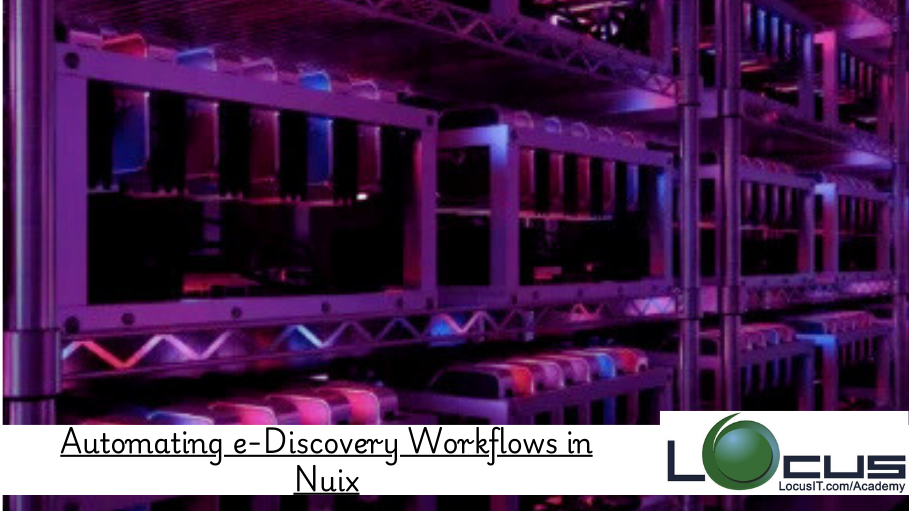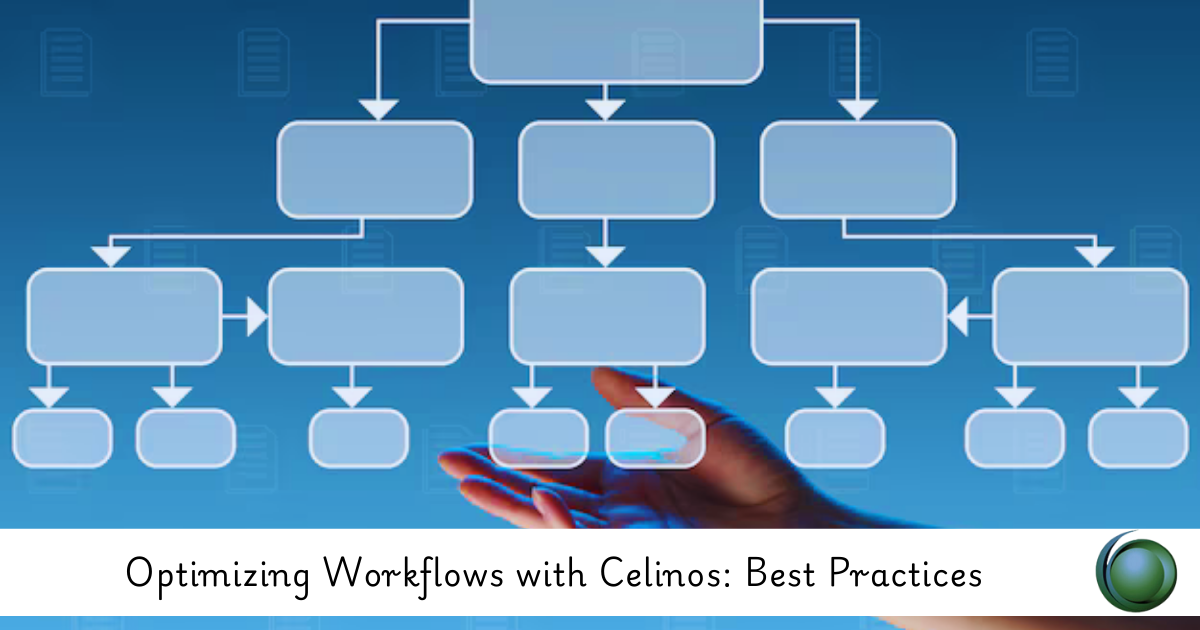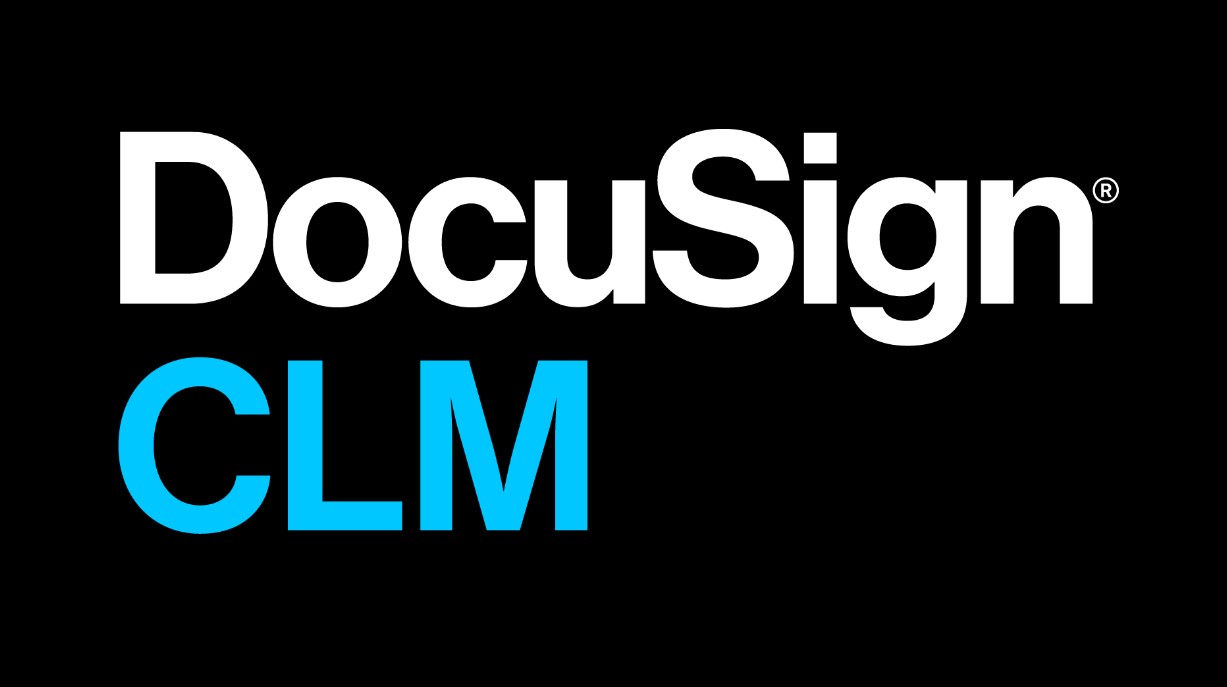Description
Introduction of e-Discovery Workflows
This training course is designed for legal professionals, e-Discovery specialists, and IT personnel who wish to automate and optimize their e-Discovery workflows using Nuix. As e-Discovery processes become increasingly complex and time-consuming, automation offers significant benefits in terms of efficiency, accuracy, and resource management. Participants will learn how to leverage Nuix’s powerful automation features to streamline tasks such as data ingestion, processing, review, and reporting. This course combines theoretical insights with hands-on exercises, enabling participants to apply automation techniques effectively in real-world scenarios.
Learning Outcomes of e-Discovery Workflows in Nuix
- Understand the principles of workflow automation in e-Discovery.
- Gain proficiency in using Nuix automation features for various e-Discovery tasks.
- Learn to design and implement automated workflows tailored to specific project needs.
- Develop skills to monitor and troubleshoot automated processes effectively.
Prerequisites of Nuix
- Basic understanding of e-Discovery concepts and workflows.
- Familiarity with the Nuix platform is recommended.
- Knowledge of legal terminology and document management principles is beneficial.
Table of Contents
1. Introduction to Nuix Investigate
1.1 Overview of Nuix Investigate
1.1.1 Understanding the role of Nuix Investigate in e-Discovery and investigations.
1.1.2 Key features and capabilities of the platform.(Ref: Document Review and Tagging in Nuix)
1.2 Navigating the Interface
1.2.1 Detailed walkthrough of the Nuix Investigate interface.
1.2.2 Customizing views and layouts for efficient data analysis.
1.3 Hands-On Activity: Exploring the Interface
1.3.1 Participants will navigate through the interface and set up their work environment.
2. Data Ingestion and Preparation
2.1 Ingesting Data into Nuix Investigate
2.1.1 Techniques for importing data from various sources.
2.1.2 Ensuring data integrity during the ingestion process.
2.2 Data Preparation for Analysis
2.2.1 Organizing and categorizing data for efficient analysis.
2.2.2 Techniques for cleaning and validating data.
2.3 Hands-On Activity: Data Ingestion
2.3.1 Participants will practice ingesting a sample dataset into Nuix Investigate.
3. Advanced Search Techniques
3.1 Utilizing Advanced Search Features
3.1.1 Techniques for constructing complex search queries.
3.1.2 Leveraging filters and operators for targeted searches.
3.2 Search Strategies for Effective Results
3.2.1 Best practices for refining searches and minimizing irrelevant results.
3.2.2 Understanding the implications of search parameters on outcomes.
3.3 Hands-On Activity: Performing Advanced Searches
3.3.1 Participants will conduct advanced searches on provided datasets.
4. Data Visualization and Analysis Tools
4.1 Visualizing Data for Insight
4.1.1 Exploring visualization tools within Nuix Investigate.
4.1.2 Techniques for creating charts, graphs, and timelines to represent data.
4.2 Data Analysis Techniques
4.2.1 Best practices for analyzing data patterns and trends.
4.2.2 Using visualizations to derive actionable insights.
4.3 Hands-On Activity: Creating Visualizations
4.3.1 Participants will create visual representations of their search results.
5. Analyzing Complex Data Sets
5.1 Handling Large and Complex Data Sets
5.1.1 Strategies for managing and analyzing extensive data collections.
5.1.2 Tools for segmenting and focusing on specific data areas.
5.2 Correlation and Pattern Recognition
5.2.1 Techniques for identifying relationships and patterns within data.
5.2.2 Utilizing tools for advanced data correlation.
5.3 Hands-On Activity: Correlating Data Sets
5.3.1 Participants will perform data correlation exercises on sample datasets.
6. Investigative Workflows and Case Management
6.1 Developing Effective Investigative Workflows
6.1.1 Best practices for structuring investigations using Nuix Investigate.
6.1.2 Techniques for documenting and managing case progress.
6.2 Case Management Features
6.2.1 Utilizing case management tools to organize findings and insights.
6.2.2 Ensuring compliance and data security in case handling.
6.3 Hands-On Activity: Structuring an Investigative Workflow
6.3.1 Participants will design a workflow for a sample investigation case.
7. Reporting and Presenting Findings
7.1 Creating Reports in Nuix Investigate
7.1.1 Techniques for generating comprehensive reports based on analysis.
7.1.2 Customizing reports for various audiences and purposes.
7.2 Presenting Data Effectively(Ref: Nuix Investigate: Advanced Analysis and Insights)
7.2.1 Best practices for presenting findings and insights.
7.2.2 Utilizing visual aids to enhance communication of results.
7.3 Hands-On Activity: Generating Reports
7.3.1 Participants will create a report summarizing their investigation findings.
8. Best Practices and Future Trends
8.1 Best Practices for Using Nuix Investigate
8.1.1 Strategies for maximizing the effectiveness of the platform.
8.1.2 Tips for continuous improvement in analysis processes.
8.2 Emerging Trends in Data Analysis
8.2.1 Overview of the latest developments in data analysis and investigation tools.
8.2.2 Discussing the impact of AI and machine learning on data analysis.
8.3 Hands-On Activity: Evaluating Current Practices
8.3.1 Participants will reflect on their current analysis practices and identify areas for improvement.
9. Wrap-Up and Next Steps of e-Discovery Workflows in Nuix
9.1 Review of Key Concepts and Techniques
9.1.1 Summary of essential topics covered throughout the training.
9.1.2 Reinforcement of best practices for advanced analysis in Nuix Investigate.
9.2 Practical Application Exercise
9.2.1 Participants will apply their learned skills to a mock investigation case.
9.3 Closing Remarks and Q&A Session
9.3.1 Guidance on further resources and training opportunities.
9.3.2 Open floor for participant questions and feedback.
By the end of this training, participants will have a comprehensive understanding of how to automate e-Discovery workflows using Nuix. They will be equipped with the skills necessary to design, implement, and manage automated processes that enhance efficiency, accuracy, and overall productivity in their e-Discovery projects. This course is essential for professionals looking to leverage automation in their legal and compliance efforts.
Reference







Reviews
There are no reviews yet.